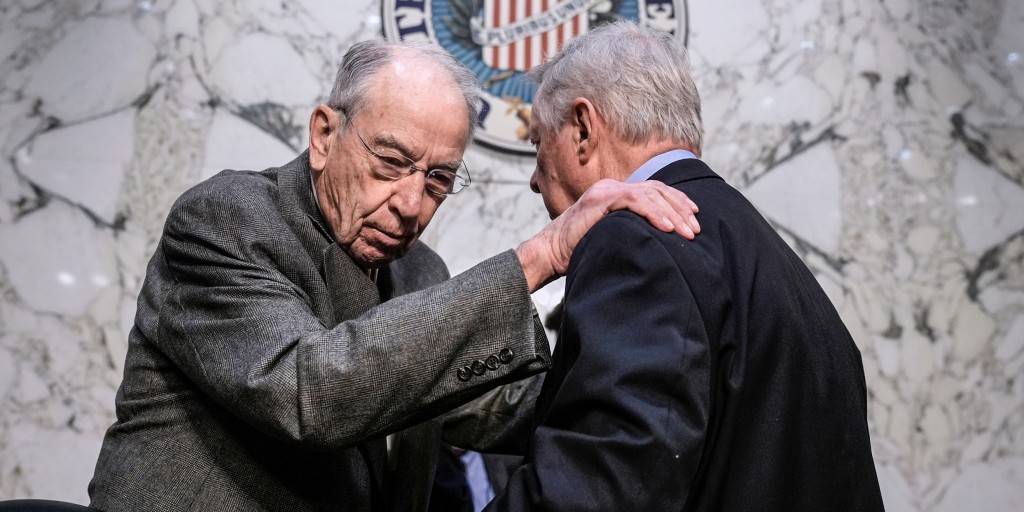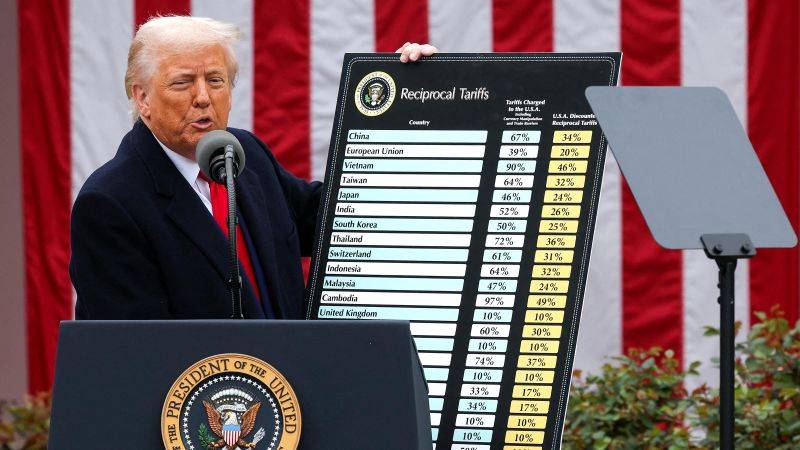Kansas City, with nearly 30,000 federal workers residing in the area, is grappling with the ripple effects of the Department of Government Efficiency’s (DOGE) policy-driven layoffs. These layoffs, championed by a broader effort to streamline federal agencies, have targeted various sectors, including the Internal Revenue Service (IRS) and the Department of Veterans Affairs. The city’s response to these layoffs reflects both a humanitarian and economic imperative.
The municipal government of Kansas City has taken proactive steps to mitigate the impact on affected workers. The City Council passed a resolution to expedite job applications from federal employees, recognizing the skills and experience these workers bring. This initiative aligns with efforts by other cities and states to support fired federal workers, emphasizing the value of their expertise and the potential economic benefits of integrating them into local workforces.
Rep. Sharice Davids has voiced strong opposition to these layoffs, highlighting their negative impact on both the workers and the community. “The mass layoffs pushed by the current administration and DOGE are not just uprooting the lives of dedicated federal workers, they are putting at risk the essential services our communities rely on every day,” Davids said. Local economists have also underscored the economic implications, noting that each lost federal job could lead to additional job losses in the region.
A recent court ruling has provided some relief for affected workers, as a U.S. district judge ordered the reinstatement of probationary employees fired under the DOGE directives. This move could potentially restore jobs for over 100 federal workers in the Kansas City area, though the broader impact remains uncertain.
In the midst of these developments, Mayor Quinton Lucas has expressed his commitment to advocating for affected federal employees, acknowledging their value to the community and the economy. As the city navigates these changes, it is clear that both local and national efforts will be crucial in supporting those impacted by the layoffs.
Personal perspective: As a journalist observing these events unfold, it’s striking to see how the personal stories of federal workers—often invisible in broader policy discussions—come to the forefront. Their narratives highlight the human cost of political decisions, reminding us that behind every job title is a family and a community that depend on stability. This intersection of policy and personal impact is a reminder of the importance of nuanced and empathetic reporting in times of change.
Broader implications: Kansas City’s situation also underscores a broader national debate about the role of government in supporting workers during times of transition. As cities like San Antonio and New York state implement similar measures to assist federal workers, there is a growing recognition of the need for coordinated responses to mitigate the social and economic effects of large-scale layoffs.
Conclusion: Kansas City’s response to federal layoffs reflects a blend of economic pragmatism and community support. While national policies continue to evolve, local initiatives like those in Kansas City offer a promising model for how communities can come together to support workers during challenging times.
For more in-depth analysis on this topic and how cities across the U.S. are responding to similar challenges, readers can explore our coverage on Epochedge Politics and Epochedge News.










